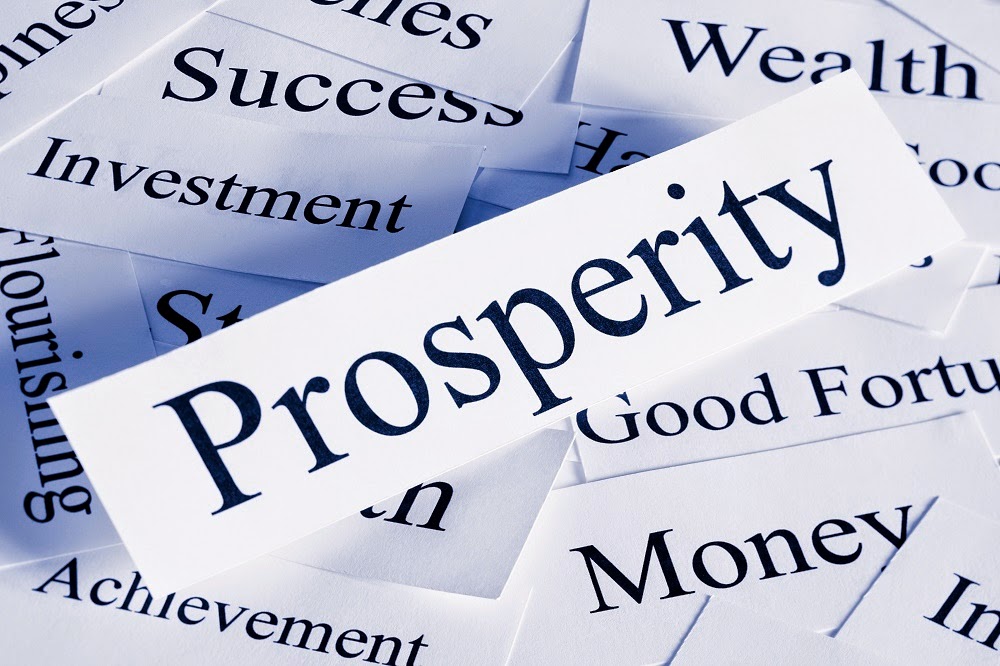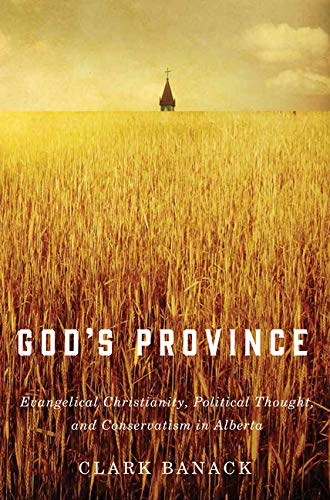
How has the pandemic impacted the practice and study of politics in Canada?
Share your insights at a virtual workshop as part of the @cpsa_acsp Annual Conference. (Thread)
mycpsa.cpsa-acsp.ca/cfp/cfp_callE#…
Share your insights at a virtual workshop as part of the @cpsa_acsp Annual Conference. (Thread)
mycpsa.cpsa-acsp.ca/cfp/cfp_callE#…

Part 1 will explore theoretical and empirical insights gleaned from early research on the pandemic, including studies of political behaviour, public administration, political theory, and other subfields. Completed studies and research designs are welcome. 

Part 2 will delve into the impact of the pandemic on political science pedagogy, inviting participants to share lessons and promising practices in the areas of teaching and supervision. Empirical studies of different teaching methodologies (e.g., remote teaching) are welcome. 

Part 3 will involve a discussion of the role and value of political science during global crises like the pandemic. Participants will reflect on the place of political scientists in the coming months & years. 

Papers delivered at the workshop may be combined into an edited volume or special edition of a journal. 

To submit a proposal to participate in the workshop, visit: mycpsa.cpsa-acsp.ca/cfp/cfp_index
Deadline: February 1, 2021.
Deadline: February 1, 2021.

• • •
Missing some Tweet in this thread? You can try to
force a refresh




